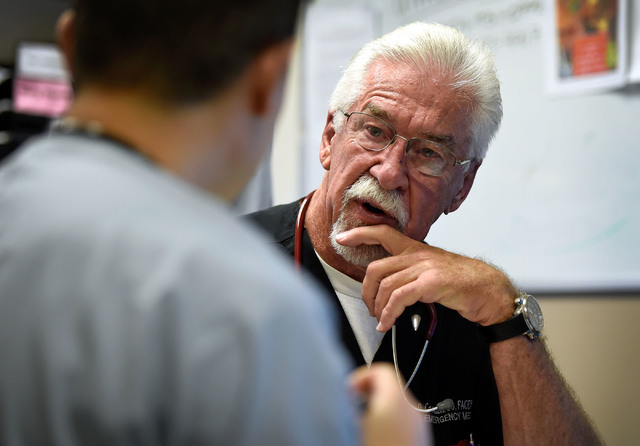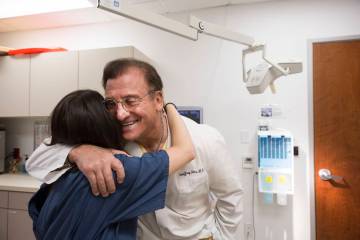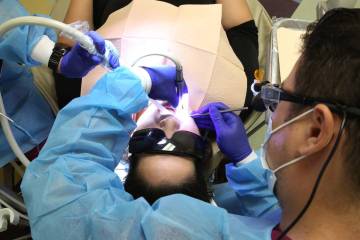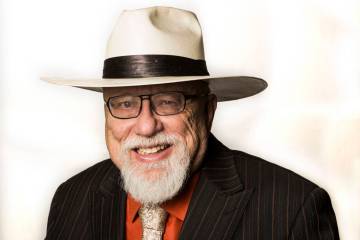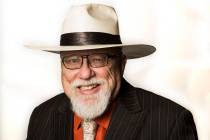Airline decisions during an in-flight medical emergency could cost you your life
The headline on a recent article in the Nevada State Board of Medical Examiners Newsletter seizes your attention.
Do Flight Attendants Treat Heart Attacks?
What you realize after reading the piece by Dr. Pam Wible, who interviewed pilots, flight attendants, passengers and physicians, is that the airline industry still needs help in learning how to handle a medical crisis in the sky.
For instance, if more than one physician aboard a plane offers to help out in an emergency, flight attendants, rather than doctors, are often deciding who’s most qualified.
Wilbe said her survey showed that 70 percent of the time flight attendants selected the physician who volunteered first.
“That makes no sense,” Wible told me last week.
She said the doctors who volunteer should be allowed to “assemble themselves” and decide whose expertise best fits the problem.
Do you want a rheumatologist, a dermatologist or an emergency room physician working on a someone who’s had an apparent heart attack?
“Health care works best through teamwork,”she said.
Dr. Dale Carrison, the head of emergency at University Medical Center and a physician who’s volunteered to help in several in-flight emergencies, agrees with Wible’s position.
But he also noted he has the type of personality that won’t let flight attendants make what amounts to a medical decision.
After a call goes out for help on the plane, he finds out what the situation is with the patient and lets other doctors on hand know his emergency specialty. When they find out, he generally takes over.
A spokesman for Airlines for America (A4A), a trade organization for leading U.S. airlines, said airline crews have been well trained to respond to in-flight emergencies.
Wible notes there are times when flight attendants shy away from the first medical volunteer and the fastest care — when that volunteer is a female physician of color.
It was Wible, an Oregon family physician who investigates human rights violations in medicine, who wrote a guest column in The Washington Post in October shortly after a Facebook post by Dr. Tamika Cross went viral.
In that post, Cross, a Detroit physician who is black, said emergency care for an unconscious man was delayed aboard a Delta flight because the flight attendant didn’t believe she could be a doctor.
Wible noted Cross wasn’t the only female physician of color who said she experienced such behavior when offering to help during in-flight emergencies on other airlines. In her Post column, she presented examples of several other female doctors who she said were bypasssed in favor of white nurses, pharmacists or doctors.
Delta announced in January that it would broaden “inclusion training” for employees dealing with customers, including flight attendants, and it stopped requiring medical professionals to furnish credentials, as was asked of Cross, before assisting passengers. Not only is there not a legal reason for doing so, but credentials can easily be found online, the airline said.
The former head of the American College of Physicians told Delta he was never asked to show credentials before assisting passengers on flights.
Surely, I told Wible, flight attendants have to know there are female black doctors.
“When you’re at 20,000 feet,” she said, “the pressure of an emergency may intensify underlying implicit bias — a deep seated, unconscious prejudice which affects behavior.”
Paul Harasim’s column runs Sunday and Tuesday in the Nevada section and Monday in the Health section. Contact him at pharasim@reviewjournal.com or 702-387-5273. Follow @paulharasim on Twitter.




